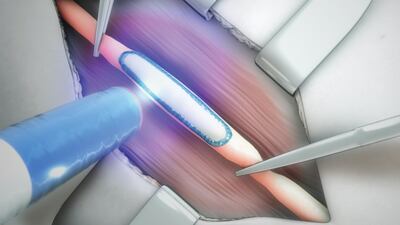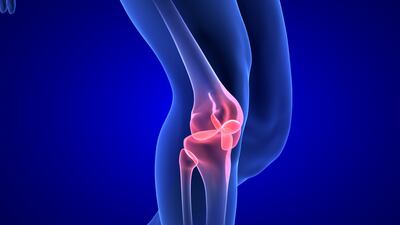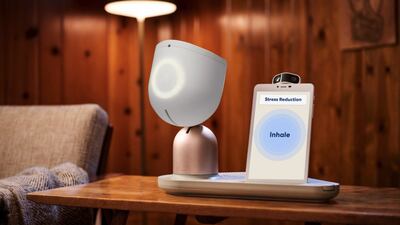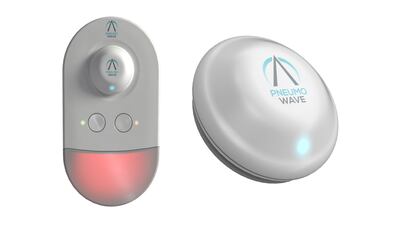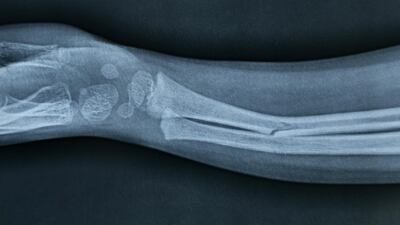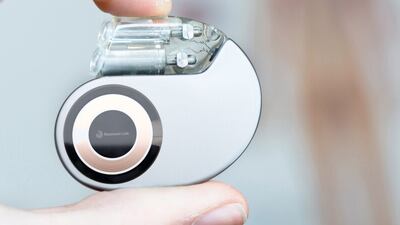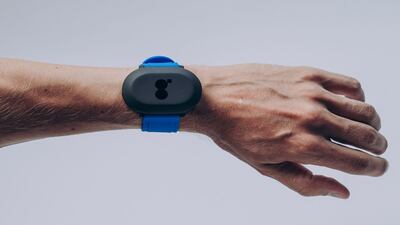Start-Up Spotlight
South Korean start-up Mediwhale is using AI-guided retinal scans to predict the risk of eye, cardiovascular and kidney diseases. The company has moved ahead of a small pack of competitors and gained regulatory approval and market access in eight territories through a focus on gathering strong evidence to support algorithms.
Using artificial intelligence and coronary computed tomography angiography Cleerly is trying to shift cardiology's focus from symptoms-based interventions to prevention and treatment of the underlying vascular disease.
The company has developed a highly-customizable polymer that can repair tissue, negating the need for stitches and staples, for use in multiple applications.
Sparta Biomedical is developing a synthetic cartilage-on-titanium knee implant based on its proprietary Galene process for infusing cellulose fibers with polyvinyl alcohol. The company hopes to begin clinical trials in 2023.
Pyx Health’s is helping people overcome loneliness with a friendly interactive chatbot as well as human support staff that can connect users to resources and appropriate care.
Nothing except a name, but Creo Medical says its Speedboat Inject device can turn some surgeries from prolonged hospital stays into one-day visits.
Dafna Presler, the VP-marketing at Intuition Robotics, talked to Medtech Insight about what the company has learned so far about its customers since launching ElliQ, a digital “sidekick” to help older people be healthy.
The Glaswegian company is tackling a tricky area of health care with its intelligent sensor and cloud processing technologies.
Cala Health’s FDA-cleared Cala Trio wearable for treating essential tremor is currently being tested in Parkinson’s disease patients and is targeting a $20bn global market opportunity.
The money will be used to further clinical research for its innovative, drug releasing, bone grafting products.
The CEO of Cionic developed a garment used to analyze and augment human movement for people with stroke and cerebral palsy with plans to file for US FDA 510(k) clearance this fall.
The company has developed a biosensor that provides information to health care professionals concerning the health of a patient’s wound.
To help patients suffering from cardiorenal syndrome, an undertreated illness, Procyrion has embarked on the first in-human trials of its Aortix mechanical circulatory support device.
The company is commercializing technology developed at Dartmouth and Stanford universities, hoping that its technology will reduce the size and complication rates of implantable devices.
Finnish-based GlucoModicum is developing a painless, needle-free glucose-monitoring device that looks like a smartwatch to make managing pre-diabetes and undertreated type 2 diabetes more convenient. See what the CEO, Jeff Mäki, said about it here.
In this week’s podcast, Medtech Insight's Barnaby Pickering features Finnish start-up GlucoModicum, which created a way to measure blood glucose levels without using needles. Managing editor Marion Webb discusses her latest Market Intel, which highlights three companies that developed technologies to help surgeons collaborate with remote surgical experts, including medical device specialists.
Medtech Insight spoke to the CEO of GlucoModicum to learn more about its approach to developing a pain-free, convenient glucose monitor for people managing their diabetes.
Norway’s Pre Diagnostics uses the intracellular approach to neurodegenerative disease diagnosis. It believes its technology will open up a world of precision medicine for Alzheimer’s disease patients.
By utilizing the properties of graphene, INBRAIN hopes to develop improved electrodes implanted in the brain, raising the potential of neuromodulation for treating complex neurological disorders.
The company is sponsoring INFINITY SWEDEHEART, a randomized trial of its DynamX Bioadaptor, a unique metallic coronary artery implant that adapts to vessel physiology.
ADVERTISEMENT


